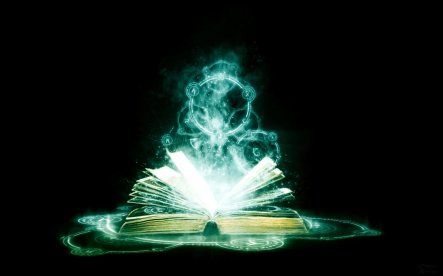So where does dreamy poetry meet gritty politics? Well according to English poet Percy  Shelley in his essay In Defence Of Poetry ’Poets are the unacknowledged legislators of the world’ , what does he mean? That poets have some sort of moral power or influence? I think what he means is that poets are not just writing poems, just like politicians are not just making laws, but they’re both engaged in imagining new ways of perceiving and being in this world of ours.
Shelley in his essay In Defence Of Poetry ’Poets are the unacknowledged legislators of the world’ , what does he mean? That poets have some sort of moral power or influence? I think what he means is that poets are not just writing poems, just like politicians are not just making laws, but they’re both engaged in imagining new ways of perceiving and being in this world of ours.
So in this way, passion and emotion run deep in both poetry and politics, appealing to the sense that things could be otherwise. Both are concerned with values, rights and nationhood. Rhetoric is a big deal, the basic purpose of political rhetoric is to move men to action or alliance, poetry moves us in emotional, individualistic and immeasurable ways.
Poets are in the business of communication and expression, and have always invoked controversy for their social and political commentary. Politicians use poetry to their advantage too, in terms of speech-writing say. A little bit of flair can make any speech artistic and create lines that will be remembered for generations. Think of JFK’s inaugural speech “Ask not what your country can do for you, ask what you can do for your country”. Style is substance in political speech writing and poetry with it’s imagery and rhythm can strike the right chord. Poetry has always been read at Presidential inaugurations, JFK had Robert Frost; Bill Clinton had Maya Angelou and Obama had Elizabeth Alexander and here in Ireland we went a step further, and got a two-for-one offer in our poet-president Michael D Higgins!
Political poetry is a poetry of social concern and conscience, a way to exercise ones right to freedom of expression, which is what today’s poets have done.
In his poem Negro, Langston Hughes gives us a gripping account of the African-American experience through history. Hughes confronted racial stereotypes and his African-American themes made him a primary contributor to the Harlem renaissance of the 1920’s. He wrote the poem around the time of the birth of the civil rights movement, a time of racial pride. It is a direct and comprehensible lesson in black history, violent and oppressive yes, but this is a vital culture, central to the development of the world as we know it, the sense of pride is palpable, I am a negro, black like the depths of my Africa, powerful, there’s a huge freedom there and still a hope for that oft elusive future.
From his prison cell, the romantic communist poet Nazim Hikmet urges us to live life as if there’s nothing named death. Hikmet was a Turkish poet, playwright, novelist and memoirist. He was repeatedly arrested for his political beliefs and spent much of his adult life either in prison or in exile in Russia. Why did I choose him? Well he was a rebel, a romantic and he stood up for his beliefs, whatever the consequence – which was usually incarceration. His poem On Living, informed in part by his communist leanings, and the length of time he spent behind bars, is concerned with the politics of living; working at ones life as one would an occupation; making it as passionate and fulfilling as possible – living is no laughing matter he says, whatever our circumstances we must live as if we will never die.
Jean-Paul Satre once said ‘Everything has been figured out, except how to live’, but here Hikmet urges us to be happy, achieve our potential, never let our fears or societal expectations hold us back. Our purpose, as is sees it, is to live life, not just look for the meaning in it. For one day this world will grow cold.
We also read The Mother, today, recollecting the emotions aroused by the Easter rising, from Irish revolutionary poet Patrick Pearse. The Rising was an insurrection in Dublin of about 1,200 men and women from the Irish Volunteers, Irish Citizen Army and the women’s group, Cuman na mBan. They were fighting for independence from the UK and although the rebellion failed, it did pave the way for the creation of a free state six years later. The rising was led by intellectuals and artists – sixteen of them were executed including the teacher & poet Patrick Pearse whose poem The Mother, written the night before he died, describes a mother’s thoughts on the death of her two sons (both Patrick and his younger brother Willie were executed). Why this poem above other rebel poems of the rising? Well it’s intensely emotional, it’s the Irish the mother thing, we all know they live for their children.
Political poetry does more than just arouse feeling, it can take us right into the heart of society, it will always be there to remind us where we are, who we are, to move us, to offer solace, to carry news, sometimes that news inspires, sometimes it enrages – ‘Mad Ireland hurt you into poetry’ Auden wrote in his elegy for Yeats and as we’ve seen from Hikmet and communism to Chinese revolution and Irish rebellion, from Shelley after Peterloo in 1819 who said ‘ye are many and they are few’, Gil Scot Heron ‘the revolution will not be televised’ it seems that politics has hurt a lot of poets into poetical response.
One of the penalties for refusing to participate in politics, is that you end up being governed by your inferiors.
Plato
Also on the show: Adrienne Rich, Li Young Lee, Muriel Rukeyser along with music from The WaterBoys, Sam Cooke, Billie Holiday & John Grant.
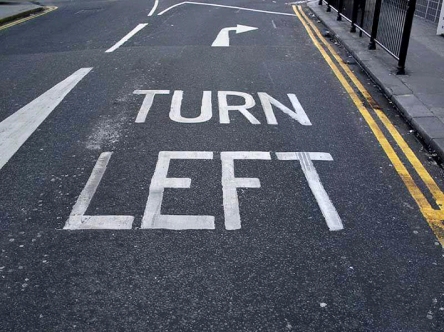

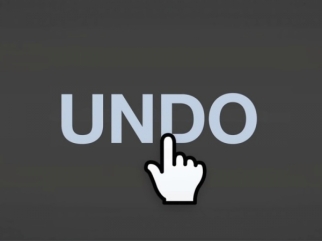
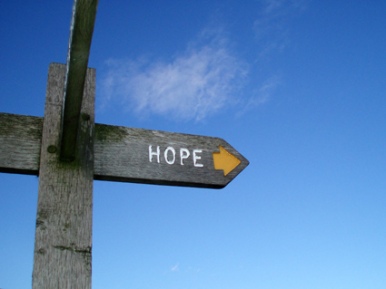
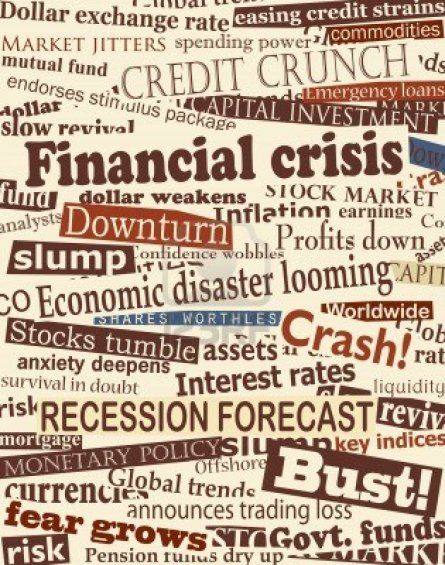
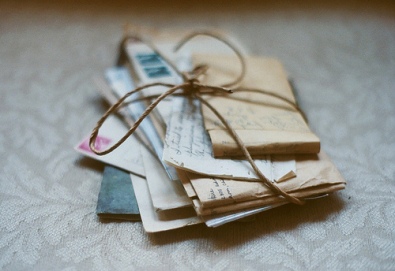

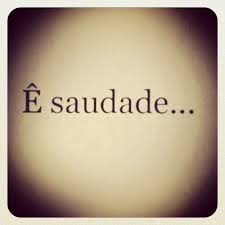 someone or something that we once loved and that is no longer in our lives. It’s a concept which heavily informs his work as an artist and which has inspired some of the most powerful love poetry & music ever written. It can be condensed into one beautiful Portuguese word Saudade (pronounced Saudadji in Brazilian). It’s a feeling of incompleteness and melancholy characteristic of the Portuguese and Brazilian temperament. And today we’re going to look at a general overview of the topic and some poetry and music I feel best illustrate it.
someone or something that we once loved and that is no longer in our lives. It’s a concept which heavily informs his work as an artist and which has inspired some of the most powerful love poetry & music ever written. It can be condensed into one beautiful Portuguese word Saudade (pronounced Saudadji in Brazilian). It’s a feeling of incompleteness and melancholy characteristic of the Portuguese and Brazilian temperament. And today we’re going to look at a general overview of the topic and some poetry and music I feel best illustrate it.
